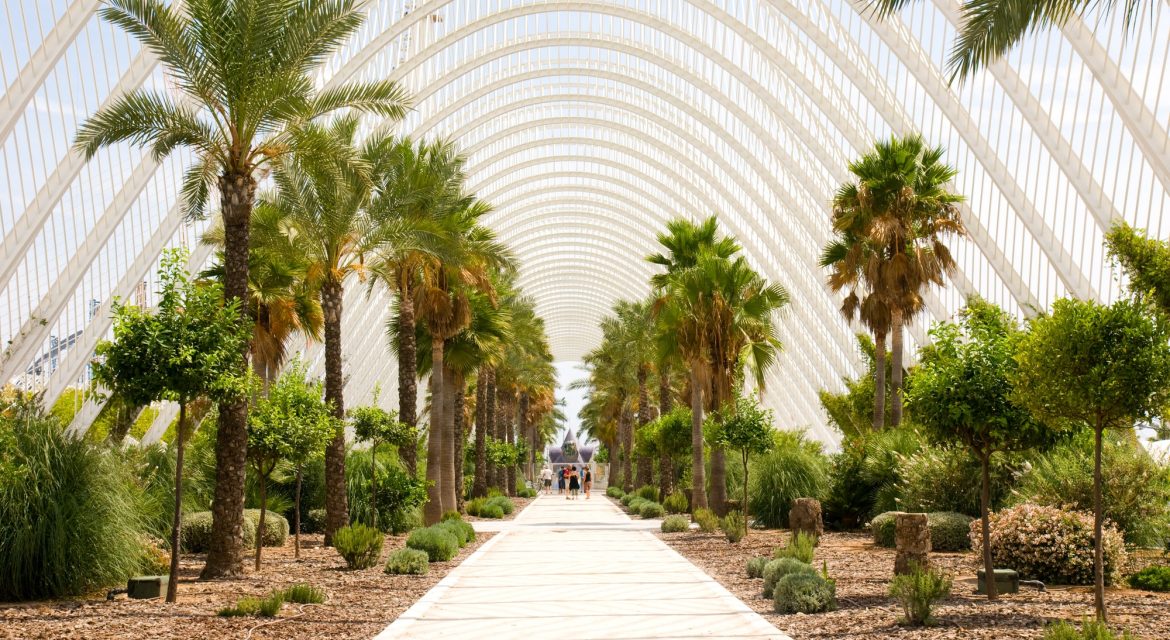Frequently Asked Questions About Palm Trees
There are some basic guidelines to follow when caring for a palm tree. The most important factor to consider is the type of palm tree you have. Different species of palm trees require different levels of care and attention. Once you’ve identified the type of palm tree you have it will be easier to provide it with proper care.
For starters, make sure if your palm requires mostly sun, it receives plenty of sunlight and water necessary to grow at optimal levels. Make sure it is planted in an area that gets at least six hours of direct sunlight each day. Watering your palms once or twice a week should be sufficient depending on the season and type of tree you have. If you live in an area with low rainfall, additional watering may be necessary during dry periods.
Fertilizing your palm tree is also important to ensure it receives the necessary nutrients for healthy growth. Use a fertilizer with an analysis of 8-2-12 or similar and apply according to label instructions during the active growing season (usually late spring through the summer). Do not overfertilize, as this can cause damage to the roots.
Finally, trimming your palm tree may be necessary at times to maintain its shape and size. Most palms should only need minimal pruning but make sure you know how much is too much before you start cutting away fronds. Pruning tools should be sharpened and cleaned regularly to prevent further damage from occurring. Following these simple tips should help ensure your palm tree stays healthy and beautiful for years to come.
Should you provide your palm trees with nutrient rich soil and why?
Yes, it is important to provide your palm trees with nutrient rich soil. Most palm trees prefer well-draining and sandy soils that are high in organic matter such as compost or mulch. Nutrient-rich soils help the palms to thrive and produce healthy foliage and fruits. Additionally, providing nutrient-rich soil helps to retain moisture in the root zone which is essential for the health of a palm tree. Well aerated soils also encourage vigorous root growth which allows the plant to absorb nutrients more efficiently. Therefore, providing your palm trees with nutrient-rich soil can be beneficial for overall health and productivity of the plants.
Do desert plants require less nutrients than tropical plants?
Yes, desert plants require less nutrients than tropical plants. This is because the soils in desert regions are typically poor in organic matter and nutrient content due to limited rainfall. Consequently, desert plants have adapted to survive with minimal amounts of water and nutrients. They tend to grow more slowly but they can withstand harsh environmental conditions better than tropical plants. Therefore, if you are growing a plant native to a desert region, it is important to provide the right amount of nutrients for its survival as over-fertilizing may cause more harm than good. Additionally, desert plants often require protection from strong winds or extreme temperatures which can easily damage them. Thus, taking all these factors into consideration while caring for your desert plants will ensure their long-term health.
Can you provide too much water for your palm trees?
Yes, it is possible to provide too much water for your palm trees. Even though palms require regular watering, they can be easily over-watered which can cause root rot and eventually lead to the death of the tree. Thus, when watering a palm tree, it is important to check the soil moisture levels before adding more water. If the top inch of soil feels dry, then it may be time to water your palms. Additionally, waterlogged soils should be avoided as they prevent oxygen from reaching the roots and can cause root rot in palms. Therefore, providing just enough water and not overwatering are key factors in keeping your palms healthy and happy.
Can you use fertilizer to nourish the soil around your palm trees?
Yes, you can use fertilizer to nourish the soil around your palm trees. Applying a high-quality slow release fertilizer specifically designed for palms can be beneficial in replenishing lost nutrients and improving soil health. Additionally, adding organic matter such as compost or manure can help provide needed nutrients while increasing water retention in the root zone. Thus, using appropriate fertilizers and organic matter in combination with regular watering can help keep your palm trees healthy and productive. It is important to always read and follow label instructions carefully when using any type of fertilizer to avoid over-fertilizing which may damage the plant or cause nutrient imbalances. Therefore, fertilizing your palms with the right products in the correct amounts can be beneficial for their health and productivity.
Do mature palm trees require more maintenance than young palms?
Yes, mature palm trees require more maintenance than young palms. Mature palms tend to have larger root systems and can be affected by a wide range of environmental factors such as drought, extreme temperatures or wind damage. Thus, providing adequate water and nutrients and protecting the tree from environmental stresses are key factors in keeping your mature palm tree healthy. Additionally, it is important to provide regular pruning and removal of dead fronds to keep the tree looking its best. Therefore, while younger palms may need less care, mature palms should be monitored closely for signs of stress or disease so that any issue can be treated quickly before the plant suffers serious damage. By taking these extra measures, you can ensure that your mature palm tree will remain healthy and productive for many years to come.
In conclusion, providing your palm trees with nutrient-rich soil is essential for optimal health and productivity. Desert plants require less nutrients than tropical plants and it is possible to provide too much water which can be damaging. Fertilizing appropriately with the right products in the correct amounts can also help keep your palms healthy and happy. Finally, mature palms need more maintenance than young palms so regular care should be taken to ensure their long-term health. By following these tips, you can enjoy lush, beautiful palms in your garden for years to come.





